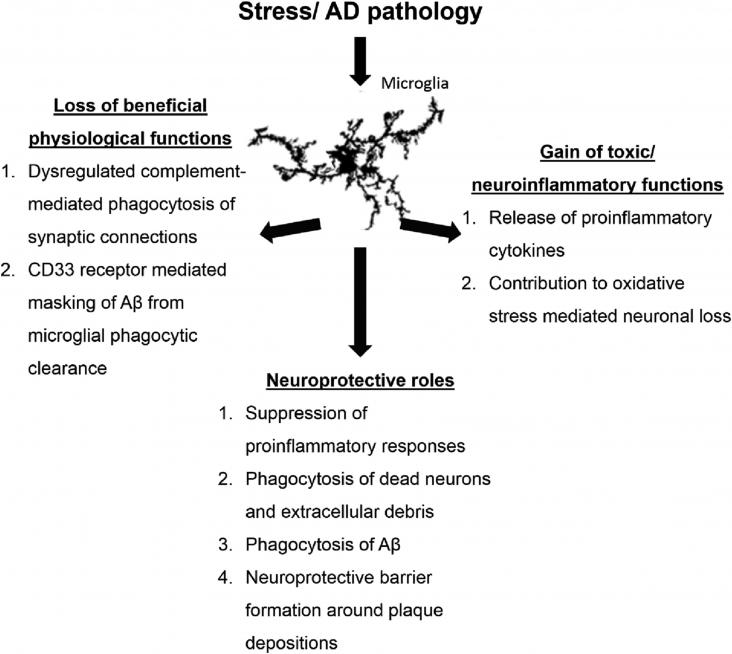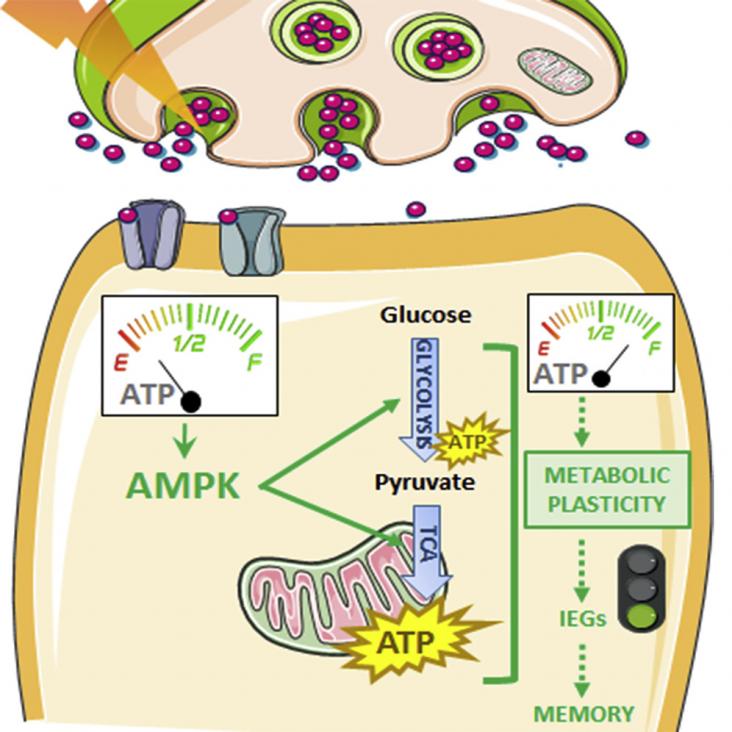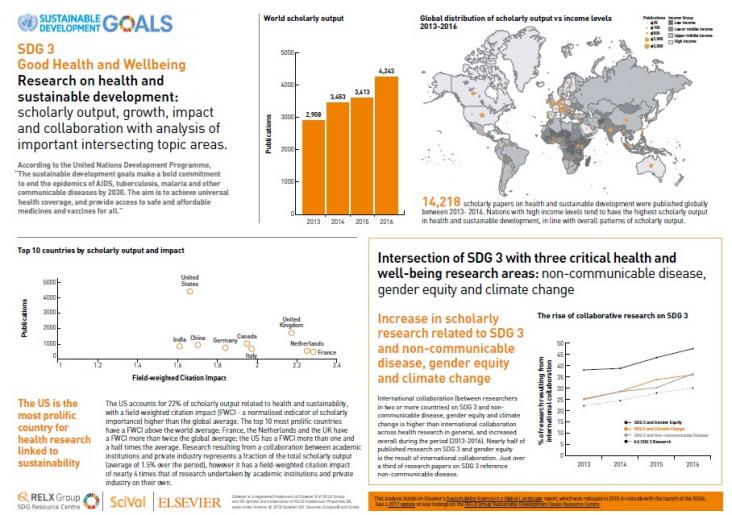

Multimodal Behavior Analysis in the Wild, Advances and Challenges, Computer Vision and Pattern Recognition, 2019, Pages 79-102
Reference Module in Food Science, Encyclopedia of Food Security and Sustainability, Volume 1, 2019, Pages 128-134
International Review of Research in Developmental Disabilities, Volume 55, 2018, Pages 145-180
International Review of Research in Developmental Disabilities, Volume 55, 2018, Pages 213-266
Recent progress in the genomics of non-syndromic autism spectrum disorder (nsASD) highlights rare, large-effect, germline, heterozygous de novo coding mutations.

